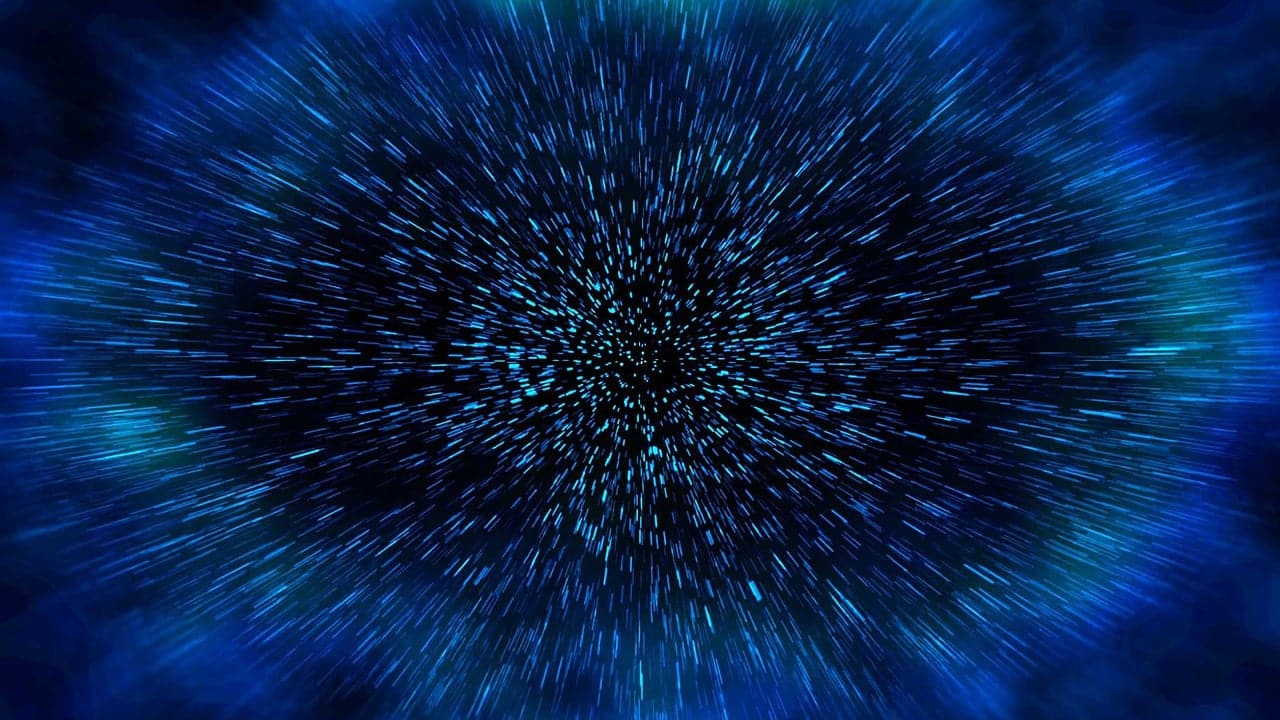In the famous Warner Brothers movie Inception, Leonardo DiCaprio and his accomplices ascend deep into the human subconscious to pull off a massive business coup for a wealthy client. Inside this mindscape, it’s possible to take the elevator to the basement, a place of unknown cognitive abyss that is both unstable and volatile, yet central to the entire plot of the film.
On those occasions I enter a state of hyperfocus, I feel very much the same place. Volatile, even vulnerable, yet somehow eons more centered on my writing goals than I was hours or even minutes before. The psychologist Mihaly Csikszentmihalyi calls this state “flow.” It’s something professional athletes for years have raved about as the state in which they are able to perform at the highest level, almost without any recognition of other activities happening nearby.
For me, hyperfocus happens when I write, and only when I write. I can go hours without doing anything else, skip meals, stay up late, or even wake up in a frenzied, almost manic state with tons of ideas to write.
The term hyperfocus has recently been associated in the news with ADHD. But it’s something we all have the ability to achieve when we are truly excelling at something we can focus on and love deeply. As a writer who types most of his work, this state of flow feels like a composer sitting at a piano, sitting the keys in an effort to find a new masterpiece. Only for me, the keys are not ebony and ivory, but plastic and silicon.
Hyperfocus feels incredibly productive, so much so that it’s incredibly easy to make an idol out of this experience. Like all forms of idolatry, this is a grave mistake. I have been able to complete excellent work without a flow state, particularly when I am writing for work or penning something I don’t particularly enjoy. In graduate school, when the vast majority of my work encompassed large bodies of research and copious notes, I found it nearly impossible to enter a flow state. The work was slow-going, but not unproductive. I ultimately found myself with a thesis I was proud of and a long-awaited Master of Science in hand.
All the same, the transition into a highly focused state seems quite natural when you are doing work you love. This is especially true whenever there is a short connection between what you are thinking and the narrative you are writing. I have found when I am having a conversation with my imagined audience, I am likely to write sentences that flow swiftly from one to the other. No sooner than fresh thoughts enter my head than I have typed them out as a (hopefully) coherent thought. This little narrative continues with cadence until I have completed my thoughts and brought my paragraph, chapter, or essay to its proper conclusion.
On the other hand, hyperfocus in writing can be easily abused. It’s not something you can conjure up just so you can finish that important paper on time. Doing so repeatedly can turn you into a gambler who spends less and less time crafting quality work with the false expectation that you’ll be able to enter that flow state when you need to meet a deadline. Likewise, hyperfocus can also be overused, to the point at which you are more exhausted from your work than you should be. You might even end up feeling less joy from the process of writing because you are constantly pressing yourself to work as quick as possible. These utilitarian uses for hyperfocus do little to advance the writer’s craft, and in my estimation, should be limited.
Hyperfocus is simply one tool within the writer’s toolbox. It’s a way to narrow in on work that needs to be done, and hopefully complete it within a timely manner. It can help you overcome obstacles, especially the dreaded writer’s block, and be more able to turn writing into a viable career. But to be successful at writing long term, you have to learn to write when you are not in hyperfocus, to grind things out when you are not inclined to write at great length or great eloquence.
Finally, if you are unable to enter such a place when writing, this does not mean that your work is not valuable, or that you are not a naturally gifted writer. Far from it, in fact. While I have created great work in hyperfocus, I think I have typed some of my best work outside this flow state. When I am still focused on my work but not completely zoning out the world around me, I tend to take more time to choose my prose more carefully, creating a more artistic product as a result.
Ultimately, the ability to enter a highly focused state when writing is one example of how writers can make a fruitful use of their time to create beautiful work. If you work well in such circumstances—and more specifically, like the quality of work you produce—I encourage you to use these times to get your thoughts out on paper. On the other hand, hyperfocus is just one way to write. It’s ultimately better to work in a mental and physical space that you enjoy and thrive within, rather than strive for something mythical and be disappointed in yourself or your work.
